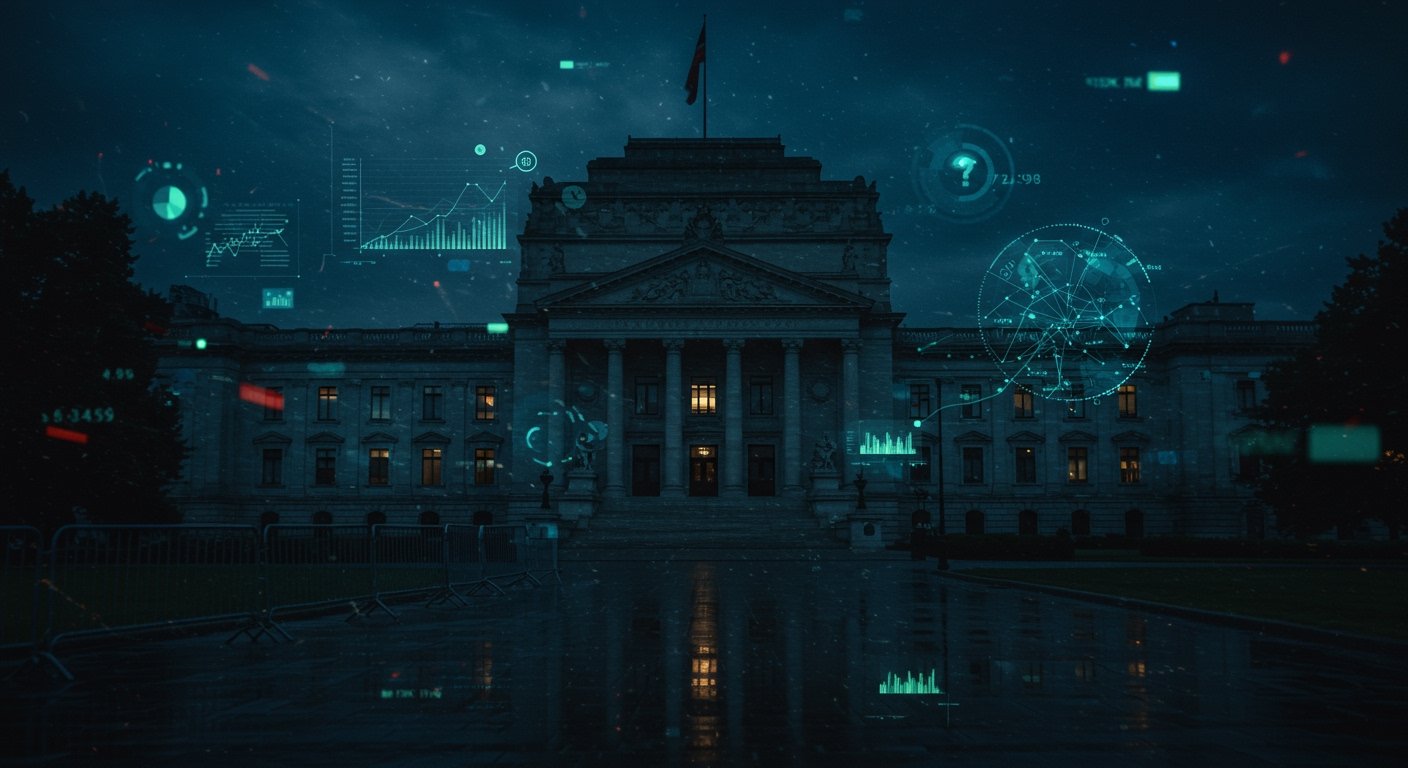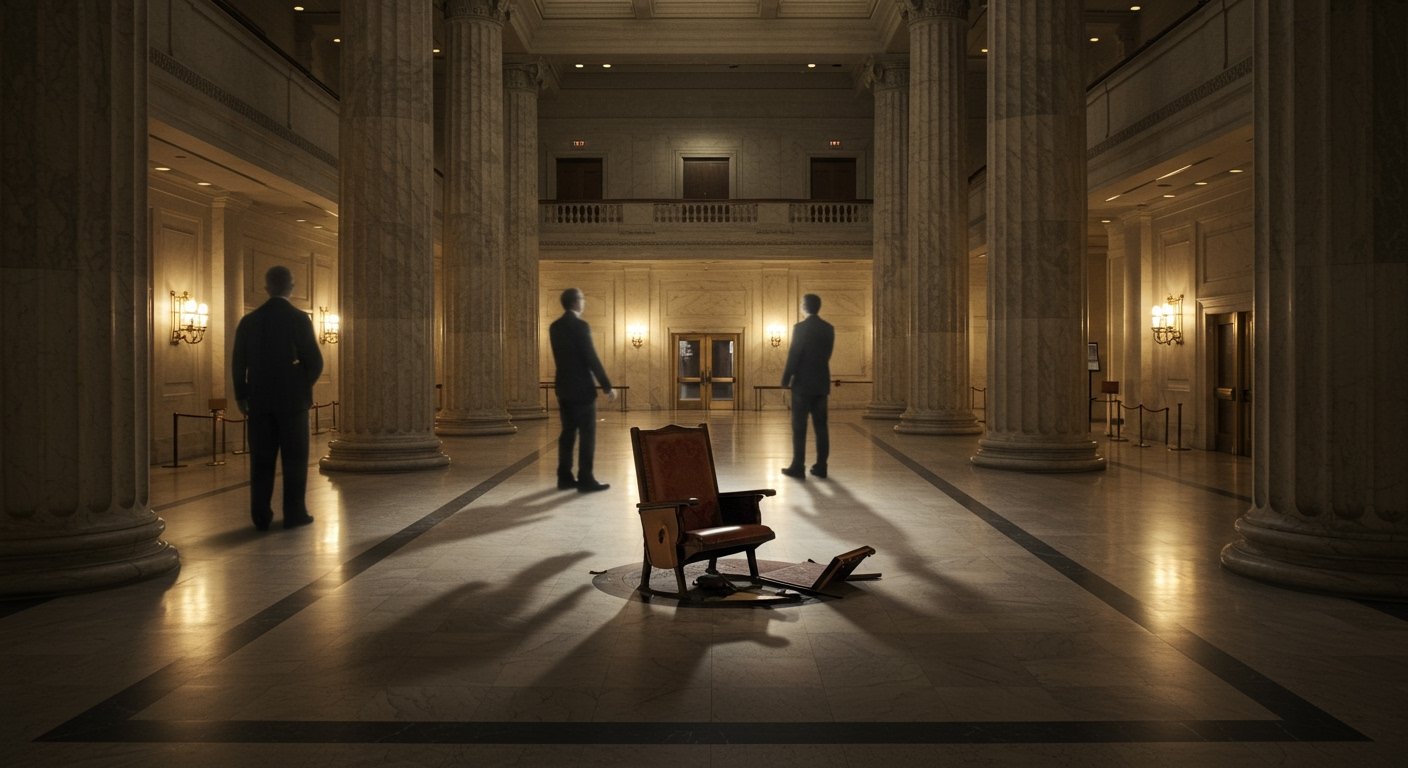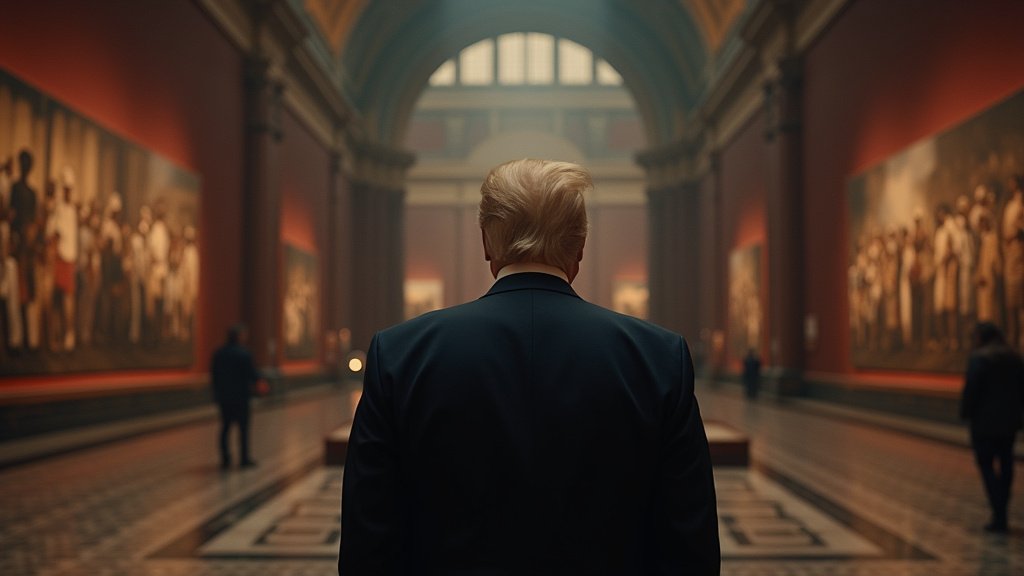Washington, D.C. – Significant changes enacted by U.S. President Donald Trump at the prestigious John F. Kennedy Center for the Performing Arts in Washington, D.C., are drawing sharp criticism from across the arts world and human rights communities in both Canada and the United States.
The controversy centers on President Trump’s decisions regarding the Center’s Board of Trustees. Announced in early February via the social media platform Truth Social, the President declared his intent to “immediately terminate multiple individuals from the Board of Trustees, including the Chairman.” He explicitly stated that the individuals being removed “do not share our Vision for a Golden Age in Arts and Culture.”
In the same announcement, President Trump also asserted, “At my direction, we are going to make the Kennedy Center in Washington D.C., GREAT AGAIN.” Adding an unusual layer to the restructuring, the President took the notable step of installing himself as the chairman of the board, a move observers have highlighted as atypical for the institution.
The swift and sweeping nature of these changes has prompted immediate backlash. Canadian and American artists, alongside human rights advocates, have voiced strong objections.
Hadar Harris, the managing director of the Washington office of PEN America, an organization dedicated to promoting literary freedoms and free expression, characterized the situation as a “very dangerous moment.” Harris issued a stark warning, noting that attempts by governments to “capture culture” are frequently associated with authoritarian regimes.
The Kennedy Center holds a unique position within the American cultural landscape. It serves as a national arts centre, specifically intended to reflect the diverse tapestry of American culture and showcase artistic excellence from the United States and around the world.
Critics argue that the sudden removal of trustees and the President’s direct intervention risk politicizing an institution meant to operate with artistic independence and represent a broad spectrum of cultural expression, potentially undermining its fundamental mission to reflect American culture in its entirety.
In response to the changes, a wave of protest has reportedly swept through the artistic community. Numerous artists have reportedly canceled scheduled appearances or pulled out of planned events at the Kennedy Center in protest, signaling the depth of concern within the performing arts world regarding the board’s restructuring and the implications for artistic autonomy.
Amidst the criticism, the changes have found some defense. An interim director at the Kennedy Center has reportedly defended the decisions made by the President, although the specifics of this defense and the identity of the interim director were not detailed in initial reports.
The situation at the Kennedy Center remains fluid, highlighting broader tensions surrounding the intersection of politics, cultural institutions, and artistic freedom in the current environment. As artists continue to voice their dissent and advocates raise concerns about the implications for free expression, the future direction and perceived independence of the national arts centre hang in the balance, underscoring the stakes for American culture as described by critics.












